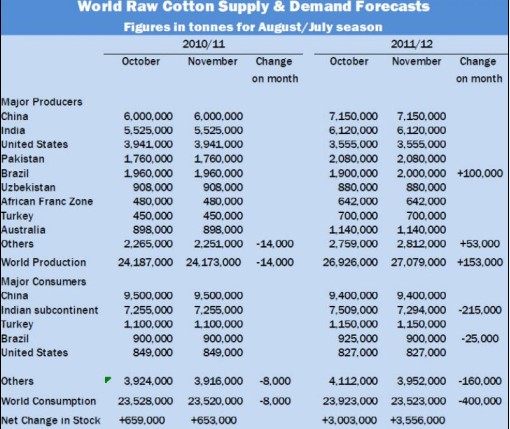|
Testifying before the Senate Finance Committee, Treasury Secretary Timothy Geithner said China potentially could become the largest foreign market for U.S. goods, but he emphasized that China must do a better job of playing by the rules of international trade.
"China is an important market not only for large U.S. firms, but also for small and medium-size enterprises, Geithner said. "The latest data show that small businesses directly account for roughly a third of the value of U.S. exports to China and they contribute a substantial part of the value of exports by our large companies as well."
At the same time, the Treasury secretary noted that U.S. imports from China have increased rapidly, "but much of this is the result of China replacing other foreign producers." He added that a "substantial share" of the value added in products the United States imports from China come from components manufactured in other countries in Asia. In addition to that, U.S. textile manufacturers say China is undercutting trade in the Western Hemisphere and Africa with textile components in apparel that are illegally subsidized.
Pointing out that he believes broader engagement with China can present job opportunities for American workers, Geithner said, "We have urged China to take action to provide a more level playing field for American export firms that export to China and that compete with Chinese producers in our markets and around the world."
Geithner brought up the touchy subject of China's alleged currency manipulation, which U.S. companies, including textile manufacturers, contend amounts to an illegal trade subsidy.
"Reform of China's exchange rate is critically important to the United States and to the global economy, and it is in China's best interest to allow the exchange rate to reflect market forces. President Hu stated in public this month that China is committed to the reform of the exchange rate, and stated that reform is a key part of China's strategy to produce more balanced growth, growth that relies more on domestic demand," Geithner said.
Sen. Charles E. Schumer, D-N.Y., who is sponsoring tough Chinese currency reform legislation, expressed his concern over the lack of action on currency reform and warned that the Senate may act soon on his bill that would place a surcharge on Chinese exports because of its undervalued currency. His legislation and similar bills have strong support in Congress, but they would be unlikely to be enacted in view of the Obama administration's opposition to taking that route. The legislation, however, does tend put pressure on the administration and China to act more swiftly.
In his congressional testimony, Geithner also assured senators that the administration will "apply forcefully" the full remedies available under U.S. law to address unfair trade practices such as injurious dumping and subsidies. He pointed out that the Commerce Department has been investigating antidumping and countervailing duty complaints against Chinese goods.
|




